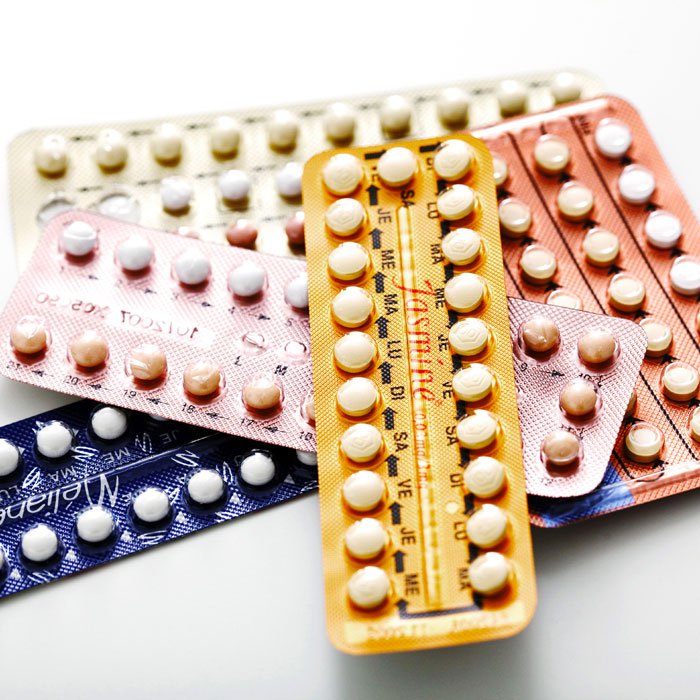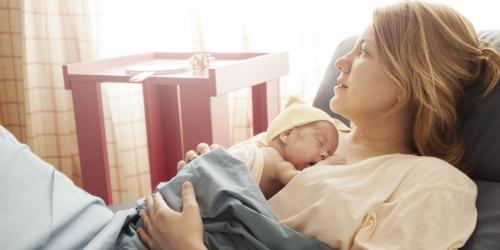Used by 104 million women worldwide, the pill has often been singled out for its risks and has sometimes been the subject of intense controversy. In December 2012, Marion Larat suffered a stroke that she attributed to the use of a third-generation pill, "Meliane". She then lodged a complaint against the Bayer laboratory.
Several studies have since highlighted the increased risks for women who use third- or fourth-generation pills over second-generation pills. Since March 2013, 3rd and 4th generation pills are no longer reimbursed. A study by INED notes that among women using contraception, "nearly one in five women say they have changed their method since the 2012-2013 media debate on pills".
The use of the pill has dropped from 50% to 41% between 2010 and 2013.
A study conducted on 5 million French women aged 15 to 49 using the pill was then conducted to find out which is the least risky formula. In the majority of cases, a pill is based on the combination of two hormones: an estrogen and a progestin.
The study concludes that women who use an oral contraceptive with 20 micrograms of estrogen are less likely to have pulmonary embolism or stroke than women who use an oral contraceptive with 30-40 micrograms of estrogen. estrogen. In addition, those who use an oral contraceptive containing levonorgestrel are less likely to have these side effects. However, only second-generation pills contain levonorgestrel.
If the pill has obvious benefits, like any medicine, it can also have side effects. Of every 100,000 women using a combined oral contraceptive for one year, about 33 have pulmonary embolism, 19 have a stroke, and 7 have myocardial infarction.
Questioned and sometimes distrustful, the pill remains the contraceptive method most adopted by the French. Thus, according to a study , "among women who say" do something to prevent pregnancy "in 2010, 55.5% use the pill," against 70.8% among those under 35 years. There are however alternatives to the pill that tend to develop in recent years.


